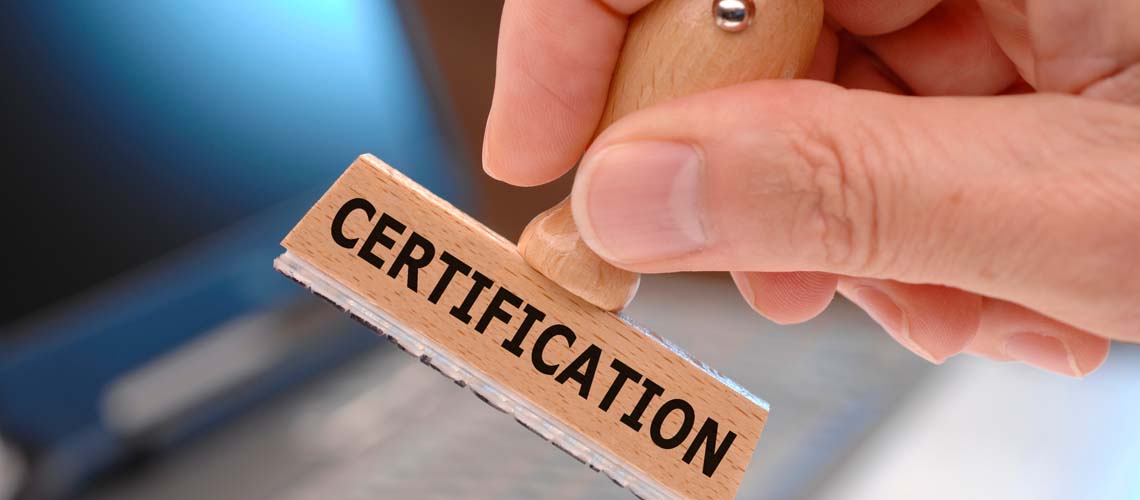Disinfectant Efficacy Compliance Testing to EN 13697
The EN 13697:2004 standard specifies the methods for determining the efficacy of disinfectants against specific microorganisms. This testing is critical for ensuring that disinfectants meet regulatory requirements and can effectively eliminate pathogens, thus protecting public health and safety in various healthcare settings.
The scope of this service includes testing disinfectants used in clinical environments to ensure they are effective against a range of microorganisms as defined by the standard. Microorganisms such as Escherichia coli, Pseudomonas aeruginosa, and Candida albicans are typically included, among others. The testing process is rigorous and involves multiple steps to ensure accurate results.
The first step in the testing procedure is selecting the appropriate inoculum for each microorganism based on its resistance to disinfectants. This ensures that the test conditions accurately reflect real-world scenarios where these disinfectants are used. Specimen preparation then follows strict protocols, which include diluting the disinfectant and allowing it to remain in contact with the inoculated specimen for a specified time period.
After the contact period, the specimens are rinsed or wiped clean, and any remaining microorganisms are recovered using standardized procedures. This recovery process is critical as it allows for accurate quantification of the microbial load before and after disinfection. The next step involves plating the specimens on selective media to count the viable microorganisms. The reduction in colony-forming units (CFUs) compared to the control sample provides a direct measure of the disinfectant's efficacy.
The EN 13697 standard also includes specific acceptance criteria for determining pass/fail results. Disinfectants are considered compliant if they achieve at least a 4-log reduction in CFUs for all tested microorganisms. This stringent criterion ensures that the disinfectants meet the highest standards of effectiveness and reliability.
In addition to efficacy testing, we also provide services related to product registration and submission of data required by regulatory bodies such as EMA, FDA, and other national agencies. Our comprehensive approach covers all aspects necessary for successful compliance with international regulations.
- Microbial Diversity: We test against a wide range of microorganisms, including Gram-negative bacteria like Pseudomonas aeruginosa, Gram-positive bacteria such as E. coli, and fungal species like Candida albicans.
- Contact Time Variations: We simulate different contact times based on typical usage scenarios, ensuring that the disinfectant is tested under conditions that mimic real-world applications.
- Methodological Rigor: Our testing adheres strictly to EN 13697, with meticulous adherence to all procedural guidelines and acceptance criteria.
- Data Validation: All test results are validated through multiple replicates to ensure accuracy and reliability.
The importance of this compliance testing cannot be overstated. Infections caused by resistant bacteria like Methicillin-resistant Staphylococcus aureus (MRSA) or Clostridium difficile pose significant risks to patient health, and the use of effective disinfectants is a cornerstone of infection control measures in healthcare settings.
The results of this testing are not only critical for regulatory compliance but also play a vital role in product development. R&D engineers can rely on these data points to refine formulations, optimize active ingredient concentrations, and improve the overall performance of their disinfectant products.
Customer Impact and Satisfaction
The impact of successful EN 13697 compliance testing extends beyond mere regulatory satisfaction; it significantly enhances customer trust and confidence. Healthcare facilities that use compliant disinfectants are better equipped to protect their patients from nosocomial infections, thereby improving patient outcomes.
- Enhanced Patient Safety: By ensuring that the disinfectant meets the stringent criteria set by EN 13697, healthcare providers can reduce the risk of hospital-acquired infections and improve overall patient care.
- Increased Product Reliability: Compliance testing provides a robust foundation for product reliability, which is essential in maintaining high standards throughout the product lifecycle.
- Positive Regulatory Implications: Successful compliance can lead to expedited market access and enhanced brand reputation among healthcare providers who prioritize safety and efficacy.
In addition to these tangible benefits, our service also contributes to a broader goal of improving public health. By ensuring that healthcare facilities have access to effective disinfectants, we play a pivotal role in preventing the spread of infectious diseases and supporting global health initiatives.
Environmental and Sustainability Contributions
The testing process for EN 13697 compliance is inherently aligned with environmental sustainability goals. By ensuring that disinfectants are effective, we help reduce the overuse of antimicrobial agents, which can lead to increased resistance in microorganisms.
In addition to reducing antimicrobial resistance, our service also promotes responsible product stewardship by providing data that informs the development of more efficient and environmentally friendly disinfectant formulations. This not only benefits healthcare facilities but also contributes positively to environmental conservation efforts worldwide.
Competitive Advantage and Market Impact
The successful completion of EN 13697 compliance testing can provide significant competitive advantages in the marketplace. Healthcare providers, hospitals, and clinics that use compliant disinfectants are often seen as leaders in patient safety and infection control.
- Market Differentiation: Compliance with international standards like EN 13697 sets a clear benchmark for product quality, distinguishing these facilities from competitors who may not meet the same rigorous standards.
- Patient Preference: Increasingly, patients are prioritizing healthcare providers that offer safe and effective disinfection practices. Hospitals and clinics that demonstrate compliance with EN 13697 can attract more patients seeking safer environments for treatment.
- Better Reputation: A reputation for quality and safety enhances overall brand image, leading to better patient experiences and increased trust in the healthcare facility.
In conclusion, our DISINFECTANT EFFICACY COMPLIANCE TESTING TO EN 13697 service is not just about meeting regulatory requirements; it's a commitment to excellence that directly impacts both the health of patients and the reputation of healthcare providers. By ensuring compliance with this stringent standard, we contribute to a safer environment for everyone involved in healthcare.





